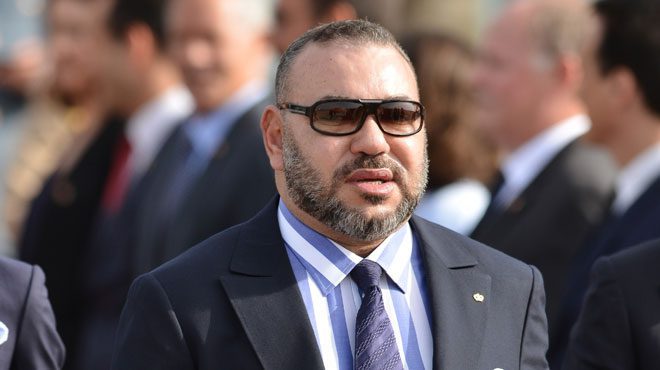A researcher at the University Mohamed V in Rabat, Driss Benyaacoub, analyzes the last speech by the Moroccan King.
The last speech King Mohamed VI’s made on the occasion of the 68th anniversary of the Revolution of the King and the People, was “exceptional” with regard to Morocco’s foreign relations, especially with the European side, the researcher in political science at the University Mohammed V of Rabat, Driss Benyaacoub says.
According to him, the discourse has overlooked the relations with Algeria for the simple reason that the current Algerian leadership no longer decides on its relations with Morocco and it is increasingly under the influence of foreign actors, especially within the European Union. “This is what makes it clear, no doubt, when the King spoke of parties still working with a mentality of the past. He was probably referring to France, Spain and even Turkey and Germany,” Benyaacoub explains.
According to the researcher, it is in this sense, that the monarch addressed directly “those who motivate the Algerian power to create tensions with Morocco, without mentioning Algeria, which has lost all decision-making sovereignty,” he explains.
The scholar explains that the King believes that “the attacks against Morocco, whether on the issue of human rights or in the Pegasus case have as their main cause, the independence of the decision in Morocco. These attacks are cleverly thought out and come from the same countries that recognize the capabilities of the Moroccan security establishment.”
For Benyaacoub, the King seems to be responding implicitly to “Algeria and those who encourage it, whether French or Turkish, to tell them that Morocco is an ancient country that has known the concept of State and political system for centuries, unlike Algeria, a newly born State,” the Moroccan researcher further says.
According to the political science academic, there are signs of a change in Spain’s attitudes towards Morocco, especially on the issue of the Moroccan Sahara. “There are indications in the King’s speech that European parties are sowing discord between the countries of the Maghreb Arab Union, and perhaps France is at the head of them, given that the link was implicit between the Pegasus affair, and the maneuvers designed to sow division between the countries of the Maghreb Arab Union,” he explains.
He insists that this point appears clearly in the royal speech. “In addition, some countries, especially European, paradoxically among the traditional partners of Morocco, fear for their economic interests, their markets and their spheres of influence in the Maghreb region. Some of their leaders do not yet understand that the problem lies, not in the regimes of the Greater Maghreb countries, but in their own, always tinged with a backward-looking mind desperately resisting the changes of the times,” King Mohammed VI went on to say in his speech.
Benyaacoub believes that the King’s address links the attacks against Morocco to the social and political crisis that some countries like France are going through. “Since President Emmanuel Macron took office and with the marginalization of political scientists and intellectuals, the wave of protests has increased, and has not stopped since 2019, with the energy crisis and the ongoing demonstrations of the so-called ‘Gilets jaunes’ (Yellow Jackets), combined with the wave of protests against the health pass, which reflects the failure of the current French system to communicate and understand its own society,” the Moroccan researcher says.
“The French are thus experiencing a real systemic crisis, which has led a number of thinkers to call for a revitalization of democratic life in depth in France. This reality is compounded by certain measures rejected by the French citizen because they are inconsistent with French values of human rights and the approach of institutional partnership,” Professor Benyaacoub concludes.
HA/Los/fss/abj/APA


